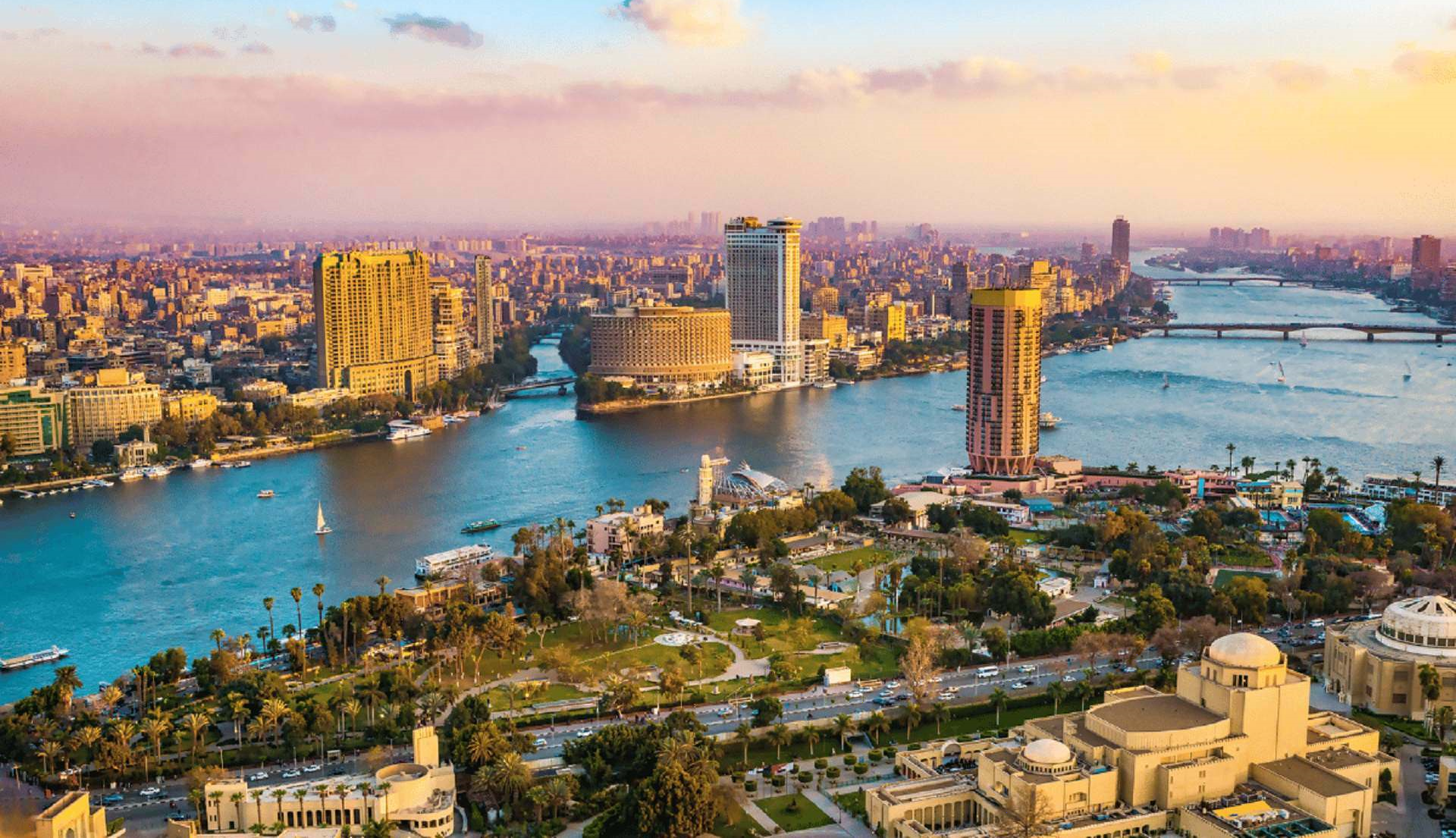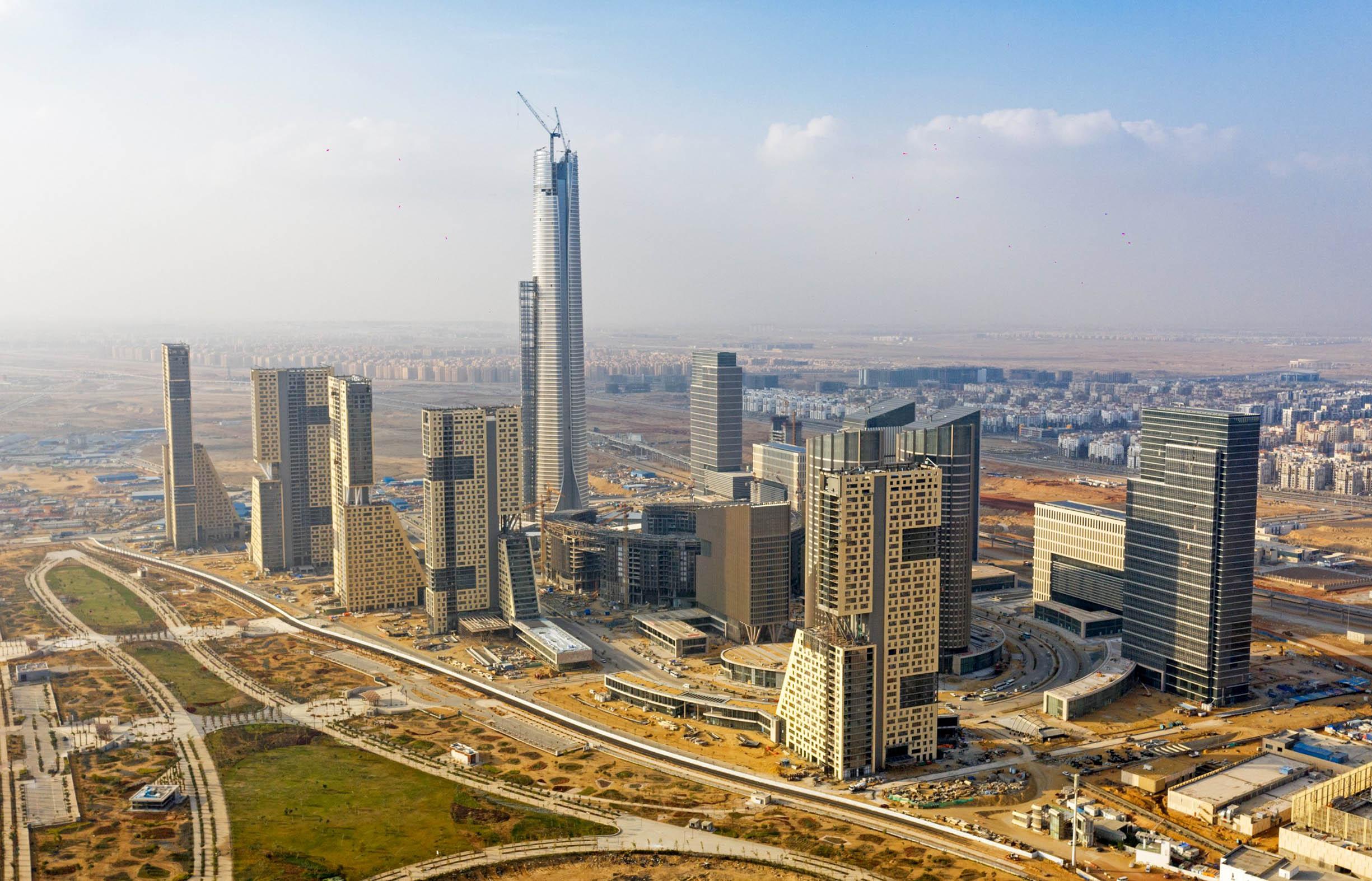Table of Contents
ToggleEver wondered if real estate in Egypt can truly protect your money from the impact of inflation?
With rising prices of goods, a weakening local currency, and economic uncertainty, many Egyptians and international investors are turning to property as a safe haven. But is real estate really the shield against inflation that many believe it to be—or are there hidden risks? Let’s explore this question step by step.
Understanding Inflation in Egypt Today
Inflation in Egypt has become one of the most pressing economic issues in recent years. Rising costs of food, energy, and imported goods have eroded the purchasing power of the Egyptian pound. For families, this means higher living expenses. For investors, it means money loses value if left idle. This environment forces people to look for assets that preserve value—and real estate often tops the list.

Why Real Estate Is Seen as a Safe Haven
Real estate has historically been considered a hedge against inflation worldwide, and Egypt is no exception. Property values tend to rise when the cost of living increases because construction materials, labor, and land all become more expensive.
This naturally pushes housing prices up. In Egypt, where demand for housing is consistently high due to population growth, real estate often performs better than other investment options, such as savings accounts or even gold in the long run.
The Egyptian Pound and Property Values
Currency fluctuations are a big factor in Egypt’s inflation story. Each devaluation of the Egyptian pound has historically led to a surge in real estate prices, as property becomes a store of value.
For Egyptians with savings in local currency, buying property early can prevent wealth erosion. For foreign investors holding stronger currencies, devaluation can actually make Egyptian real estate more affordable, creating unique opportunities in the market.
Rental Income as an Inflation Buffer
Beyond property appreciation, rental income plays a key role in hedging against inflation. Rental prices in Egypt tend to adjust upward in response to higher living costs, allowing landlords to generate income that keeps pace with inflation.
In hotspots such as New Cairo, the North Coast, and the New Administrative Capital, rental yields are growing as demand for housing and vacation rentals surges. This makes real estate not only a store of value but also a cash-flow-generating hedge.
Government Policies Driving the Housing Market
Egypt’s housing sector isn’t just shaped by inflation—it’s also supported by proactive government policies. Initiatives like The Official Egyptian Real Estate Platform, large-scale housing projects, and affordable payment plans have boosted both accessibility and investor confidence.
By offering flexible installment schemes over 7–10 years, developers make it easier for buyers to enter the market even during inflationary periods. This reduces the immediate financial strain while securing property at today’s prices before further increases.

Comparing Real Estate with Other Assets
Is real estate truly the best inflation hedge in Egypt compared to gold, foreign currency, or stocks? Gold has long been a trusted store of value, but it doesn’t provide income. Foreign currencies can preserve purchasing power, but they don’t generate wealth.
Stocks can grow but are often volatile during inflationary shocks. Real estate offers a unique combination: capital appreciation, rental income, and tangible ownership of a long-term asset. This makes it one of the most balanced inflation hedges available.
Risks to Consider
While real estate offers protection, it’s not risk-free. Liquidity is one concern—it takes time to sell property in Egypt compared to exchanging gold or foreign currency. Inflation can also push up maintenance costs, taxes, and service fees, reducing net returns for landlords.
Additionally, during economic slowdowns, some buyers may struggle to meet installment payments, affecting demand. Investors must weigh these risks carefully before committing.
The Role of Mega Projects and Compounds
Egypt’s mega projects—such as the New Administrative Capital, New Alamein, and New Mansoura—have become symbols of resilience during inflationary times. These projects not only attract local buyers but also foreign investors seeking long-term growth.
Compounds in New Cairo, 6th of October City, and the North Coast offer gated communities, modern amenities, and higher resale potential. Properties in these areas often outperform inflation by combining lifestyle appeal with rising demand.
Who Benefits Most from Real Estate During Inflation?
Not all buyers experience real estate as an inflation hedge in the same way. Homeowners benefit by preserving their savings in a tangible asset. Landlords benefit by adjusting rents to keep pace with costs.
Developers benefit from selling projects with payment plans that attract buyers even during economic strain. Foreign investors with hard currency benefit the most, as they can purchase properties at favorable exchange rates while enjoying inflation-driven appreciation.
Should You Buy Now or Wait?
This is the question on everyone’s mind. If inflation continues, waiting may mean paying more later. Buying now locks in current prices and protects against further currency devaluation.
On the other hand, buyers must ensure they choose the right location, developer, and project to maximize returns and reduce risks. For most investors with a medium- to long-term horizon, real estate remains one of the most effective ways to hedge against Egypt’s ongoing inflation.

Final Thoughts
Real estate in Egypt stands out as both a shelter and an opportunity in times of inflation. By combining asset preservation, rental income, and long-term appreciation, property provides a stronger hedge than many alternatives.
While risks such as liquidity and rising costs exist, strategic buyers can position themselves to not just protect but also grow their wealth. In a country where housing demand is insatiable and mega projects continue to reshape the landscape, real estate proves once again why it is a cornerstone of financial security in inflationary times.
Frequently Asked Questions(FAQs):
1. Why is real estate considered a hedge against inflation in Egypt?
Because property values and rents often rise with the overall cost of living, protecting wealth from devaluation.
2. How does currency devaluation affect property prices?
Devaluation typically drives property prices upward, as real estate becomes a safer store of value compared to the Egyptian pound.
3. Is renting property in Egypt profitable during inflation?
Yes, because rental income usually increases to keep pace with higher living costs.
4. Are installment plans safe during inflationary periods?
Yes, they allow buyers to lock in property prices now and pay gradually, shielding them from future price hikes.
5. Which areas in Egypt best hedge against inflation?
Popular choices include New Cairo, the New Administrative Capital, and the North Coast due to high demand and lifestyle appeal.
6. How does real estate compare to gold as an inflation hedge?
Gold preserves value but doesn’t generate income, while real estate offers both value preservation and rental returns.
7. What risks exist when buying property during inflation?
Liquidity issues, rising maintenance costs, and slower resale markets are the main concerns.
8. Can foreign investors benefit from inflation in Egypt’s market?
Yes, they can leverage stronger currencies to buy property affordably while benefiting from appreciation.
9. Does inflation affect affordable housing demand?
Yes, it often increases demand for smaller units and affordable projects as middle-income buyers adjust budgets.
10. Should I buy real estate in Egypt now to protect my savings?
If your goal is long-term security and growth, buying now is generally advisable to hedge against further inflation.
